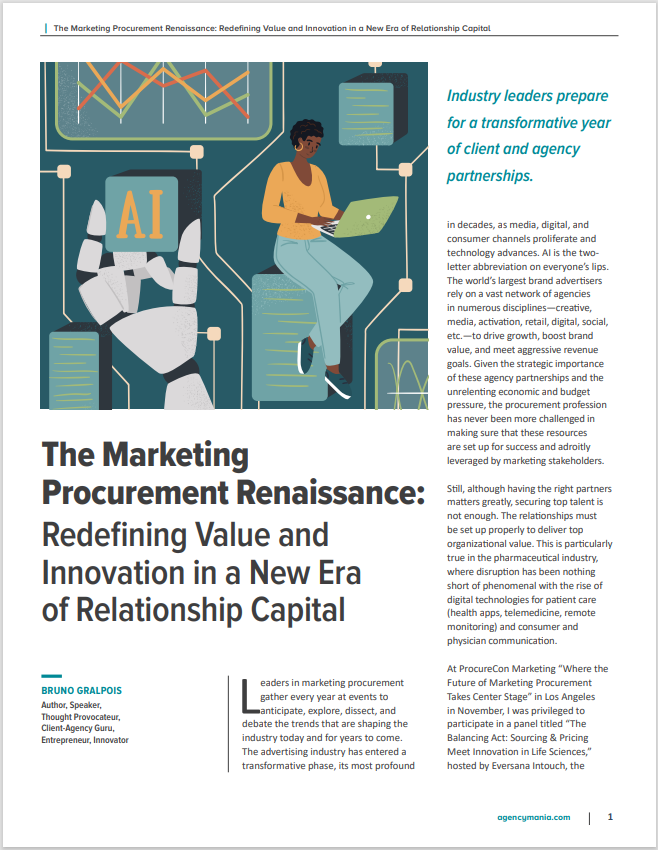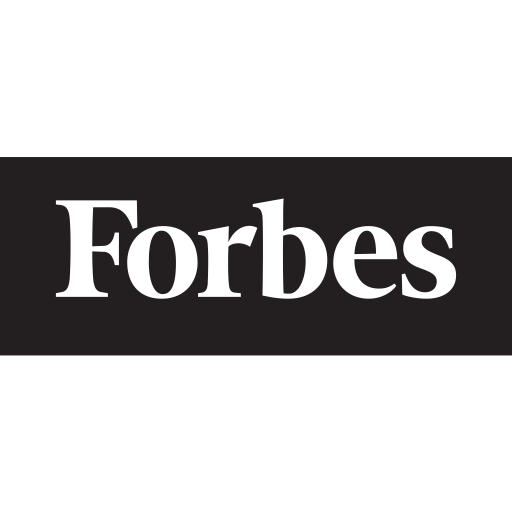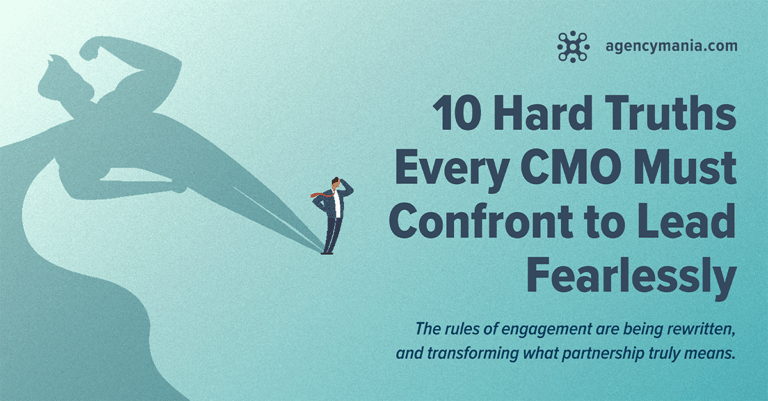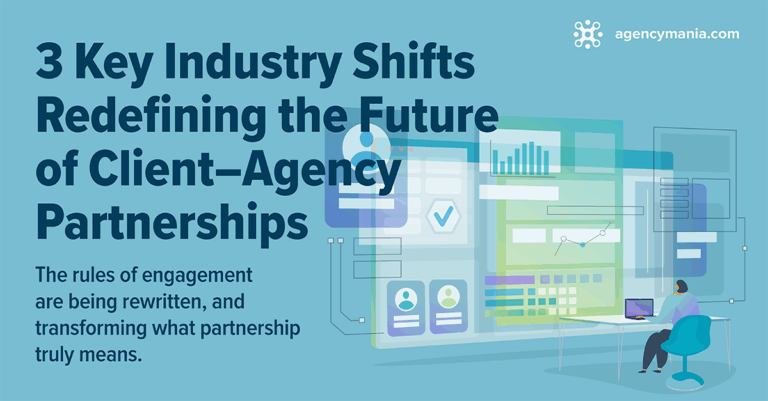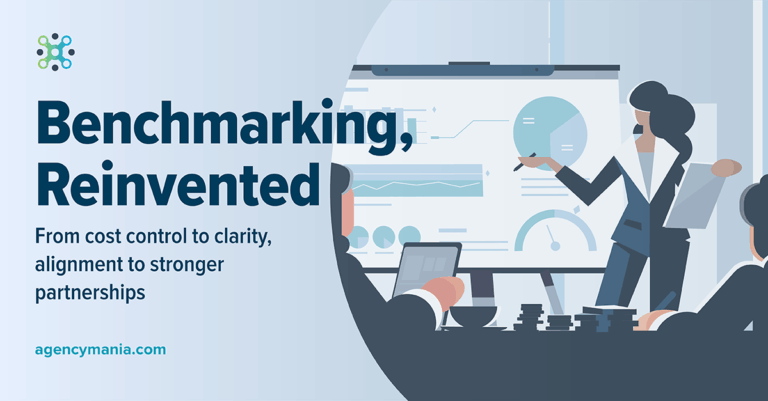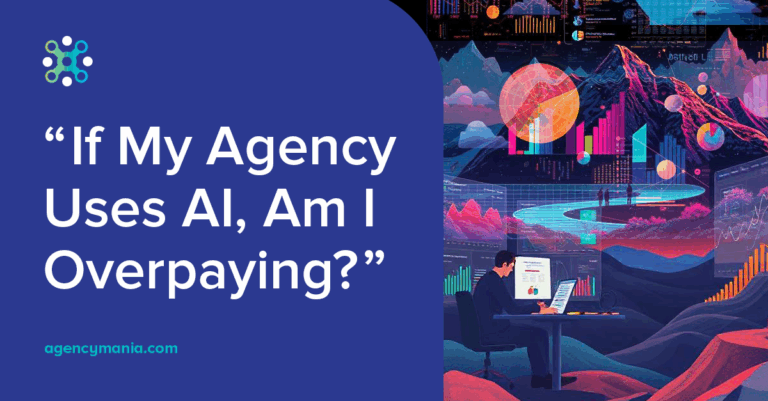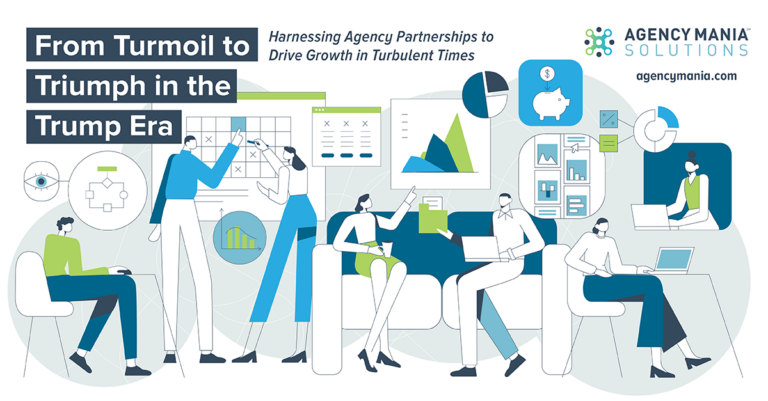Industry leaders prepare for a transformative year of client and agency partnerships
Leaders in marketing procurement gather every year at events to anticipate, explore, dissect, and debate the trends that are shaping the industry today and for years to come. The advertising industry has entered a transformative phase, its most profound in decades, as media, digital, and consumer channels proliferate and technology advances. AI is the two-letter abbreviation on everyone’s lips.
The world’s largest brand advertisers rely on a vast network of agencies in numerous disciplines—creative, media, activation, retail, digital, social, etc.—to drive growth, boost brand value, and meet aggressive revenue goals. Given the strategic importance of these agency partnerships and the unrelenting economic and budget pressure, the procurement profession has never been more challenged in making sure that these resources are set up for success and adroitly leveraged by marketing stakeholders.
Still, although having the right partners matters greatly, securing top talent is not enough. The relationships must be set up properly to deliver top organizational value. This is particularly true in the pharmaceutical industry, where disruption has been nothing short of phenomenal with the rise of digital technologies for patient care (health apps, telemedicine, remote monitoring) and consumer and physician communication.
At ProcureCon Marketing “Where the Future of Marketing Procurement Takes Center Stage” in Los Angeles in November, I was privileged to participate in a panel titled “The Balancing Act: Sourcing & Pricing Meet Innovation in Life Sciences,” hosted by Eversana Intouch, the leading full-service agency dedicated to pharma, healthcare, and medical clients, including Biogen and Astellas. Procurement professionals face the ongoing challenge of driving innovation while balancing cost efficiency. Alongside talented panelists from Regeneron (Roger Battacharia, Director, Category Management), YoungHeart Consulting (Keecia Scott, Co-Founder and Principal), and Eversana Intouch (Raphaela Cristiano-Davis, SVP, Finance Managing Director, and Angela Tenuta, President, Full-Services Agency), we debated fundamental questions:
- How does a strong and trusted relationship with your internal marketing team, procurement team, and outsourced agency partners help you achieve your goals?
- How have recent economic conditions impacted business relationships? Are we clearly able to balance short-term and long-term objectives? How do we improve efficiencies without compromising quality and client satisfaction?
- Is healthcare open to new ways of working, learning from other industries? What is the future of agency compensation and pricing models considering AI advancement?
Here are some key takeaways from this panel and other speakers at the conference:
Procurement as Catalyst for Growth and Value Creation
We’re at a pivotal point in marketing procurement. The reputation of procurement, which typically reports to finance, is known to be over-indexed on professionals who are hyperanalytical, detailed-oriented, risk-aware, and slightly introverted. Yet that is far from the type of energy you might encounter when you combine procurement with the dynamic, energized world of marketing.
The result is a strategically grounded function in which procurement professionals are heavily focused on driving growth and finding innovative ways to support their marketing stakeholders and agency partners. It’s a challenging but rewarding task.
The enthusiasm and thirst to learn and apply innovative practices from procurement was unmatched in 2024. Brand advertisers realize that achieving their goals requires the close partnership of their procurement counterparts to enable agencies to produce their best work without breaking the bank.
AI Driving Collaborative Innovation
The advancement of AI and its applications across a wide range of advertising functions is a topic of conversation and intrigue. Agencies are investing in AI tools to work more effectively and produce more efficiently. They use the tools to come up with ideas, conduct research, write detailed briefs, test concepts, and produce advertising assets.
Naturally, procurement organizations are exploring how these agency benefits can be passed on to their marketing teams, via improved performance or reduced resource allocations. They also see new applications to leverage AI to improve data management and business analytics, and make faster and better decisions. Such emerging opportunities can be applied to cost benchmarking, scope-of-work planning and management, client–agency performance evaluations, and many other key marketing functions that procurement supports.
Exploring New Ways to Compensate or Reward Output
One key topic relates to the way agencies are compensated. According to recent research by the World Federation of Advertisers and the global media advisory firm MediaSense, three of four multinational brands are seeking to change their agency renumeration model in the next three years. Change is being driven by a desire to deliver better alignment to business outcomes, greater accountability, and improved access to talent, the study, “Future of Agency Remuneration,” found.
All are highly desirable results. Will AI generate reductions in agency fees? Will agencies’ long-term investment in R&D and people training to leverage AI tools increase overhead expenses and offset short-term efficiencies? Per the study, when AI is deployed, 58% of brand advertisers expect to pay less. Is automation and AI helping models shift from traditional “time and materials” to more transparent output or outcome-based pricing? The procurement community seems cautiously optimistic.
Be the Change You Wish to See
Marketing procurement professionals are attending industry events to exchange insights, particularly in areas where innovation thrives but measurable results are still emerging. To foster greater transparency from agency partners, procurement teams can lead by openly sharing their goals and initial achievements. Similarly, if they seek improved efficiency, they can collaborate to position themselves as true business partners while promoting shared benefits from innovative ideas.
With marketing procurement in the pivotal role of facilitator, now is a prime opportunity to strengthen the value exchange between advertisers and their agencies. Brands that transform marketing procurement into a strategic asset and a driver of value creation will be the ones to thrive.
Author, Speaker, Thought Provocateur, Client-Agency Guru, Entrepreneur, Innovator

